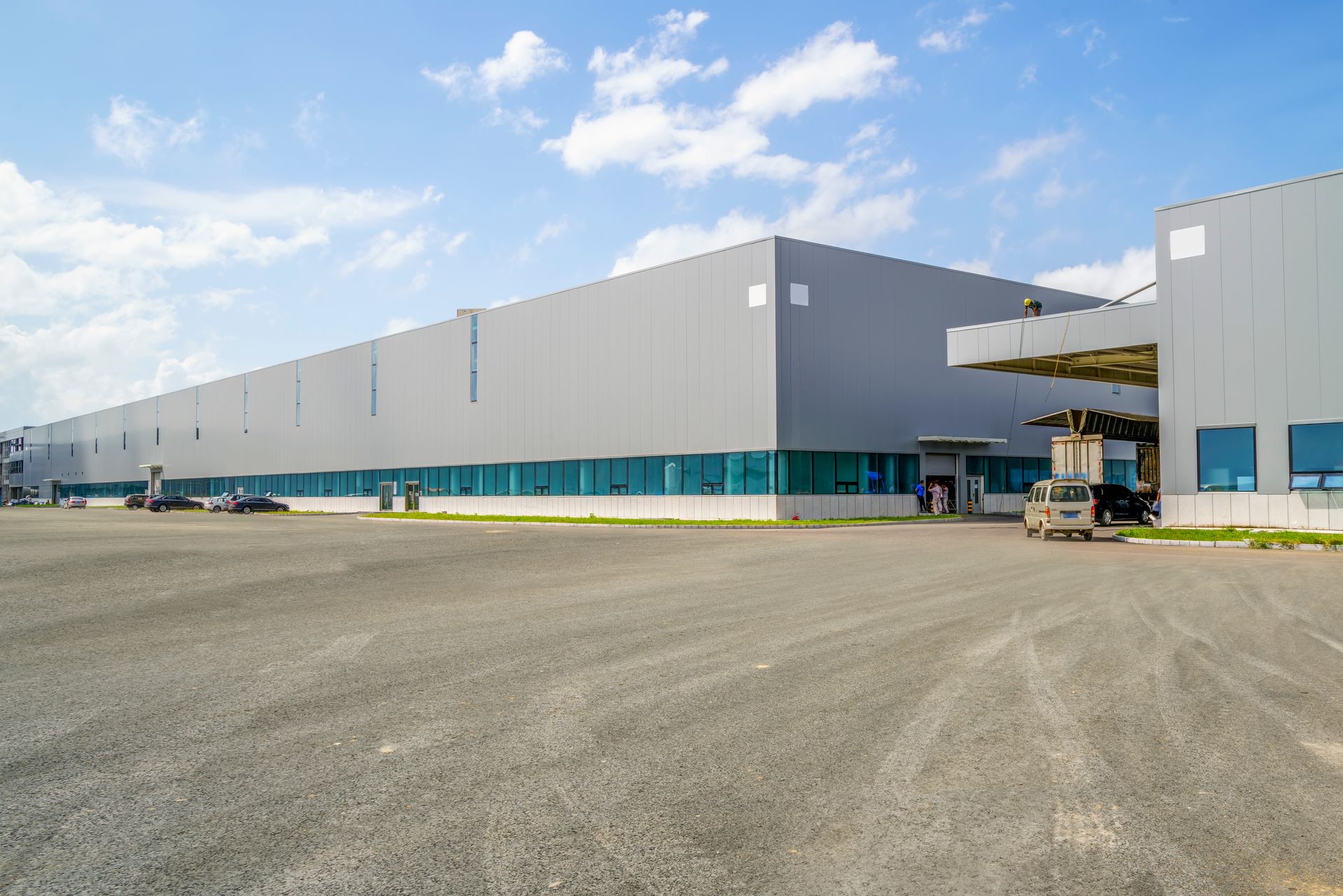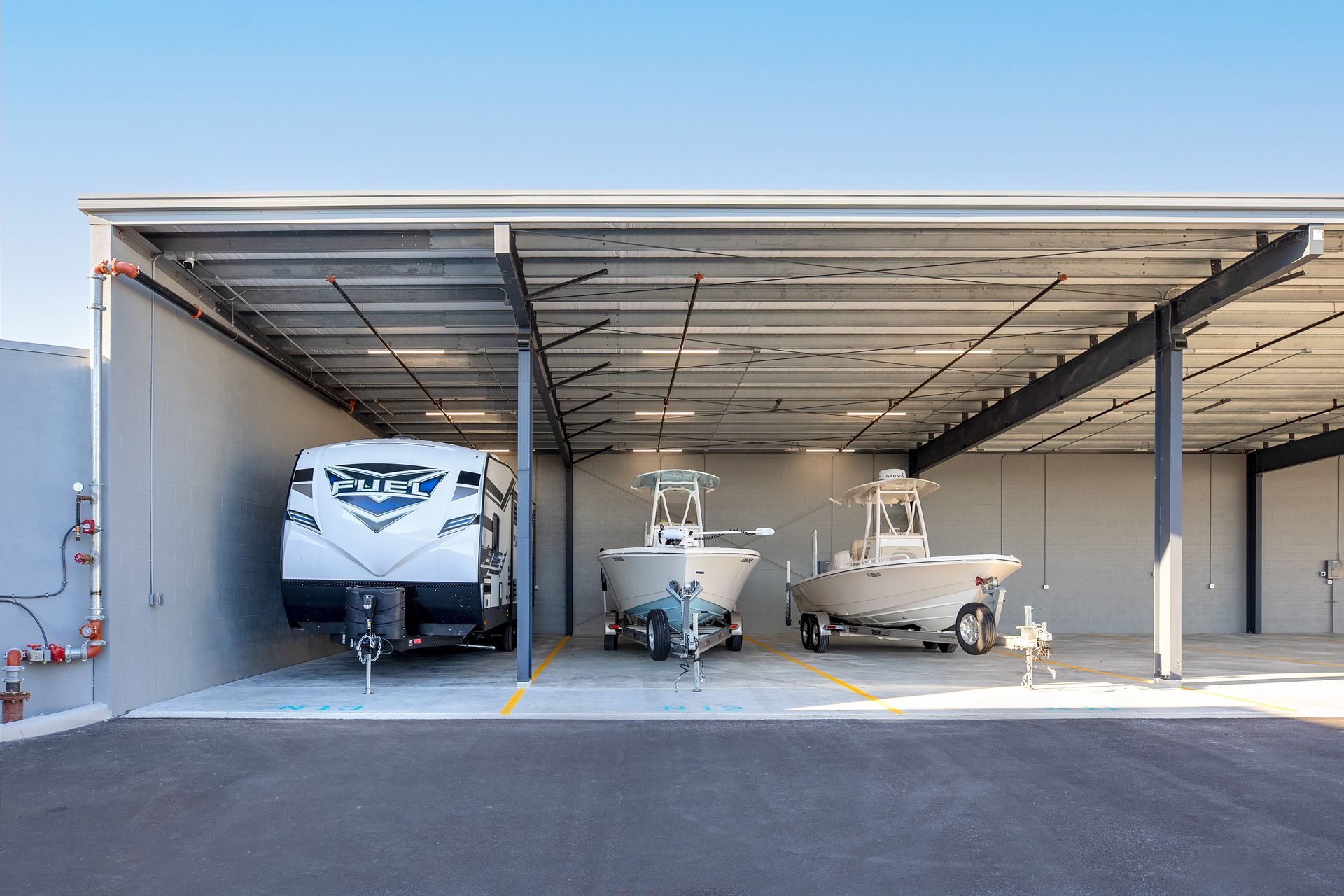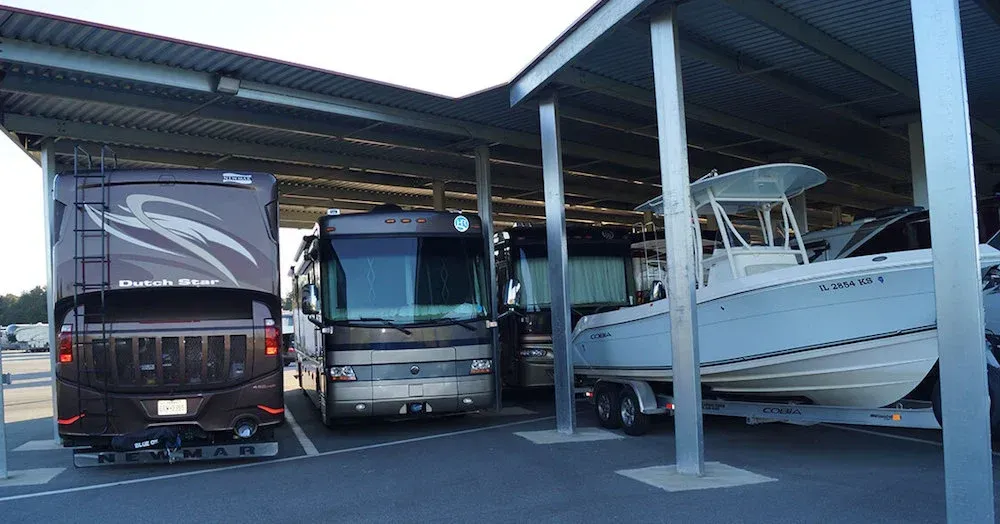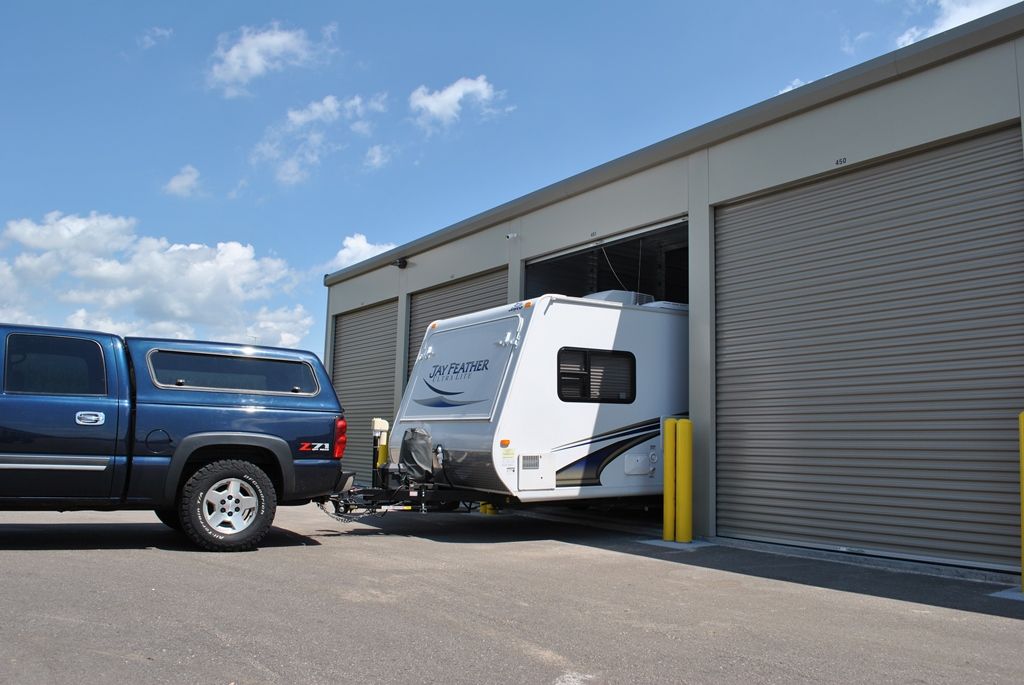RV Storage Cost: The Real Price of Not Using a Secure Facility for Your RV or Boat

Table of Contents
- The Hidden Dangers of Skipping Secure RV or Boat Storage
- Comparing RV Storage Cost vs. DIY Parking
- Why Secure Boat Storage Is a Smart Investment
- How RV Insurance Is Affected by Your Storage Choices
- Long-Term Vehicle Protection: What You Might Be Overlooking
- Practical Tips for Choosing a Storage Facility That Pays Off
- Conclusion: The Real Value Behind the RV Storage Cost
Key Takeaways
- Skipping secure storage can result in serious and costly risks, including theft, weather damage, and insurance complications.
- The RV storage cost is often lower in the long run when compared to the financial burden of damage or loss from unsecured parking.
- Choosing secure boat storage not only protects your vehicle but can also reduce your RV insurance premiums.
- Understanding the true value of professional storage helps you make a smarter, long-term investment in your RV or boat.
Why RV Storage Cost Is About More Than Just Dollars
When we think about the RV storage cost, the first instinct is to focus on the monthly or annual fee. But the real cost of storing your recreational vehicle or boat goes far beyond the invoice. Many owners opt to park their vehicles in driveways, on side streets, or in open lots with minimal protection, thinking it saves money. What they often don’t realize is the cumulative financial and safety toll that comes with bypassing a secure storage facility.
In this post, we’ll break down how cutting corners on secure boat storage or RV protection can actually cost more in the long run—financially, physically, and emotionally. We'll also explore how proper storage connects to RV insurance, maintenance costs, and peace of mind.
The Hidden Dangers of Skipping Secure RV or Boat Storage
Let’s be clear: unsecured storage is a gamble. While it may seem convenient or cheap at first, it leaves your investment exposed to a range of risks, including:
1. Weather Damage
RV roofs and boat exteriors are particularly vulnerable to weather elements. UV rays crack rubber seals, rain seeps into weak joints, and hail can severely dent exteriors. Covered and enclosed storage at professional facilities helps preserve your vehicle’s condition. That alone justifies a fair portion of the RV storage cost.
2. Theft and Vandalism
An RV or boat left in a public or poorly lit area is an easy target. Catalytic converters, batteries, electronics, and even entire vehicles are often stolen. Professional storage facilities with surveillance systems, gated access, and on-site personnel significantly reduce this risk.
3. Rodent and Pest Intrusion
Improvised outdoor storage spots often invite rodents, birds, or insects to make your RV or boat their home. These pests can cause thousands of dollars in interior and wiring damage.
Comparing RV Storage Cost vs. DIY Parking
It’s important to frame RV storage cost as an investment, not an expense. Let’s look at a simple cost comparison:
| Type of Storage | Monthly Cost | Potential Risks | Long-Term Cost |
|---|---|---|---|
| Driveway or Yard | $0 | Theft, weather damage, HOA fines | $2,000–$10,000+ |
| Open Lot | $50–$100 | Minimal security, weather exposure | $1,000–$5,000+ |
| Secure Boat Storage / RV Storage Facility | $100–$250 | Monitored, climate protection | Low, preventive savings |
For example, avoiding the average $150/month RV storage cost might seem like a savings of $1,800 a year. But if your vehicle suffers storm damage or gets broken into, that “savings” evaporates fast.
Why Secure Boat Storage Is a Smart Investment
We often hear from clients who only realize the value of secure boat storage after experiencing a costly mistake. Some were fined by their homeowners association for long-term RV parking; others faced mold and mildew from lack of climate control.
Here’s what sets a secure facility like St. Charles RV Storage apart:
- 24/7 gated access for peace of mind
- Surveillance cameras and live monitoring
- Concrete or gravel surfaces that prevent underbody rust
- Optional covered or enclosed units to protect from harsh Missouri weather
By using secure boat storage, you're not just renting space—you’re buying long-term protection, stability, and convenience.
How RV Insurance Is Affected by Your Storage Choices
Your RV insurance premiums are partly based on the risk profile of where your RV is stored. Here’s how it typically plays out:
Unsecured Parking
- Higher chance of theft or damage
- Insurance premiums may increase
- Claims could be denied due to negligence
Professional Storage
- Insurance companies see secure storage as a lower risk
- May offer reduced premiums
- Easier to prove damage isn’t your fault during claims
So when calculating the RV storage cost, remember that secure storage can actually save you money on RV insurance in the long run.
Long-Term Vehicle Protection: What You Might Be Overlooking
The impact of improper storage accumulates over time. Even if you get lucky and avoid major damage, your RV or boat is still aging faster than it should. Common long-term issues include:
- Tire rot from sun exposure
- Interior fading from UV rays
- Roof leaks leading to mold growth
- Paint oxidation reducing resale value
Most of these problems are preventable by using a proper storage facility. That’s why the RV storage cost should be weighed against not just theft or vandalism—but depreciation, repair costs, and resale value.
Practical Tips for Choosing a Storage Facility That Pays Off
Not all storage is created equal. To get the most value for your RV storage cost, look for the following features:
1. Security Features
Make sure the facility has gated access, surveillance cameras, and limited entry points. Ask if they monitor live feeds or use motion-activated alerts.
2. Access Hours
24/7 access is ideal, especially if you take weekend trips or have spontaneous travel plans.
3. Surface Quality
Avoid dirt or grass surfaces, which can lead to mud, shifting, or rodent issues. Concrete or gravel is best.
4. Covered or Enclosed Options
The best protection comes from keeping your vehicle out of the elements. Choose covered or enclosed storage when possible.
5. Customer Service and Reputation
Look for reviews, ask about waitlists, and see how responsive the staff are. At St. Charles RV Storage, we pride ourselves on being proactive, transparent, and committed to our clients' peace of mind.
Conclusion: The Real Value Behind the RV Storage Cost
When it comes to storing your RV or boat, the old adage is true: you get what you pay for. Cutting corners may save a few bucks today, but it can cost you thousands down the road. The RV storage cost you pay to a reputable, secure facility is a small price compared to the risk of leaving your investment unprotected.
From protecting your vehicle’s condition to lowering RV insurance premiums, professional storage is more than just a convenience—it’s a smart financial decision. And when you factor in the benefits of secure boat storage, the value becomes even more clear.
Protect Your RV or Boat Today
Ready to invest in smart, secure storage that truly protects your vehicle? Contact St. Charles RV Storage today. Call us at (636)-500-1638, or reach out via email at stcharlesrvstorage@gmail.com.
Let us help you make the right choice for your RV or boat—before costly problems arise.
Frequently Asked Questions
1. What factors influence the RV storage cost at professional facilities?
The RV storage cost can vary based on factors like location, type of storage (open, covered, or enclosed), security features, and access hours. Facilities that offer premium amenities—such as climate control, 24/7 gated access, and high-level surveillance—tend to charge more but also provide better protection for your investment.
2. Is secure boat storage worth the extra cost compared to open lot parking?
Yes, secure boat storage is worth the additional cost for long-term protection. It guards against theft, vandalism, and harsh weather that can quickly wear down your boat’s exterior and mechanical components. Over time, the money saved on repairs and maintenance can outweigh the upfront storage fees.
3. Can storing my RV at a professional facility lower my RV insurance premiums?
Absolutely. Many RV insurance providers offer discounts if your RV is stored in a secured facility. This is because professional storage reduces the risk of damage or theft, making your vehicle a lower liability in the eyes of insurers.
4. How does using a secure storage facility impact the resale value of my RV or boat?
Using secure boat storage or a protected RV facility helps preserve the condition of your vehicle, preventing premature wear from weather, pests, and sun exposure. This upkeep often translates to a higher resale value when it's time to upgrade or sell.
5. Are there hidden costs if I choose not to pay for RV storage?
Yes, avoiding the RV storage cost might save you in the short term but can lead to expensive issues like weather damage, rodent infestations, theft, and potential RV insurance claim denials. These hidden costs can far exceed what you'd pay annually for professional storage.


